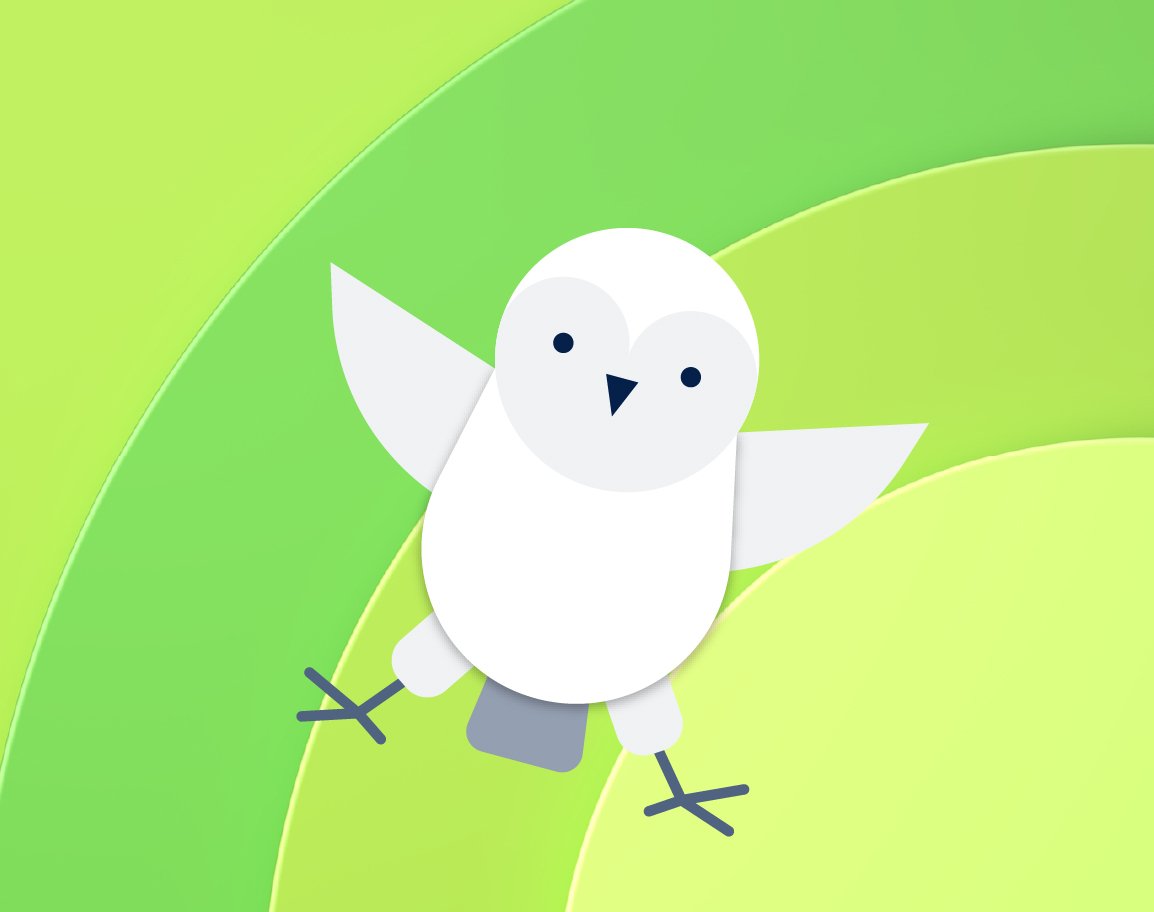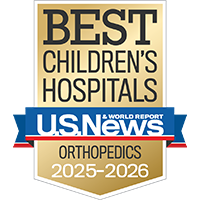Learning never stops
Our classroom and bedside classes help kids get credit and keep learning during treatment.
See our school program

A concussion is a type of mild traumatic brain injury that can affect how the brain functions. Concussions result from a bump, blow or jolt to the head or body that causes the brain to move quickly back and forth inside the skull. This injury to the brain can give rise to a wide range of symptoms, and recovery puts extra demands on the body.
Our approach to concussion in kids
At UCSF Benioff Children's Hospitals, our Pediatric Neurology Program cares for kids with concussions related to falls, vehicle accidents and other traumatic injuries.
For young athletes planning to return to physical activity, our Pediatric Sports Concussion Program specializes in evaluation, diagnosis and management of all sports-related concussions. The team includes experts in sports medicine, physical medicine and rehabilitation, neurology, neuropsychology, neuroradiology, neurosurgery and physical therapy.
We follow recently updated guidelines on diagnosing and treating sports concussions in kids, which suggest starting light physical activity soon after the event.

Ranked among the nation's best in 11 specialties

One of the nation's best for orthopedics

One of the nation's best for neurology & neurosurgery

in NIH funding among U.S. neurology programs
Concussion symptoms differ for each person and with each injury. Symptoms may not be noticeable right away – they may develop in the hours or days after an injury or when the child resumes their regular activities.
It's important to have your child see a doctor right away if they develop concussion symptoms. If your child has suffered a blow to the head, neck or body and isn't feeling normal or says that something doesn't feel right, seek help from a provider who has experience in recognizing and managing concussion.
Common symptoms of concussion in kids include:
Detecting concussion in babies and toddlers is more difficult. After a head injury, watch for:
In rare cases, blood can collect in the brain. This requires immediate medical attention.
Call 911 or take your child straight to an emergency department if they show any of these symptoms after a jolt to the head or body:
Currently, there's no test to prove someone has a concussion. Concussion is diagnosed when a person suffers a blow to the head, neck or body and then experiences typical concussion symptoms.
While some patients have a head CT scan to check for signs of bleeding in the brain, brain CT and MRI scans are almost always normal following a concussion because the injury is too microscopic to be detected by these techniques.
For some children, a series of neuropsychological and neurocognitive tests may be given to assess learning and memory skills, concentration level, and the ability to think and solve problems.
If your child may have suffered a concussion, be sure to contact a doctor right away. Getting help soon after the injury from a medical provider trained in evaluating and treating concussion may improve your child's recovery.
Treatment will depend on your child's emotional, physical and cognitive symptoms. Be aware that emotional problems, such as anxiety or depression, are common symptoms. Your provider will develop a specific treatment plan for your child and give you instructions on measures to help their brain heal and support their recovery. Follow these instructions carefully.
If you have to wait to get your child seen by a provider, you should nevertheless take steps to slow the pace of life, which is part of allowing their brain to heal. This usually means avoiding physical exercise as well as mental activities, such as studies at school; homework; playing video games or watching TV; and using smartphones, tablets or computers.
If treated correctly, 80 to 90% of people with a concussion recover within three weeks of their injury. For some people, however, symptoms can last weeks and even months. Recovery depends on:
Rest helps the brain heal, so taking it easy both physically and mentally after a concussion is important. Explain to your child that regaining their stamina will take time.
Your child can gradually resume their normal routine only when their symptoms are significantly reduced and you've consulted their doctor. If your child's symptoms come back or they develop new symptoms, this means they're doing too much too soon. Stop these activities and make sure your child takes more time to rest. As the days go by, your child can expect to gradually feel better.
When your child or teen is cleared to return to school, tell their teacher or school counselor about their injury and symptoms. As your child continues to heal, they may need temporary academic accommodations, such as:
Your child shouldn't return to sports, PE class or active play (including at home) until a health care provider experienced in managing concussions has given their OK. However, your child doesn't have to wait until all their concussion symptoms are gone before starting some light exercise, such as taking walks, as long as the symptoms don't get worse.
Finally, helping your child avoid another head injury is crucial. Having a concussion increases the risk of having another one.
UCSF Benioff Children's Hospitals medical specialists have reviewed this information. It is for educational purposes only and is not intended to replace the advice of your child's doctor or other health care provider. We encourage you to discuss any questions or concerns you may have with your child's provider.
 5
5
Learning never stops
